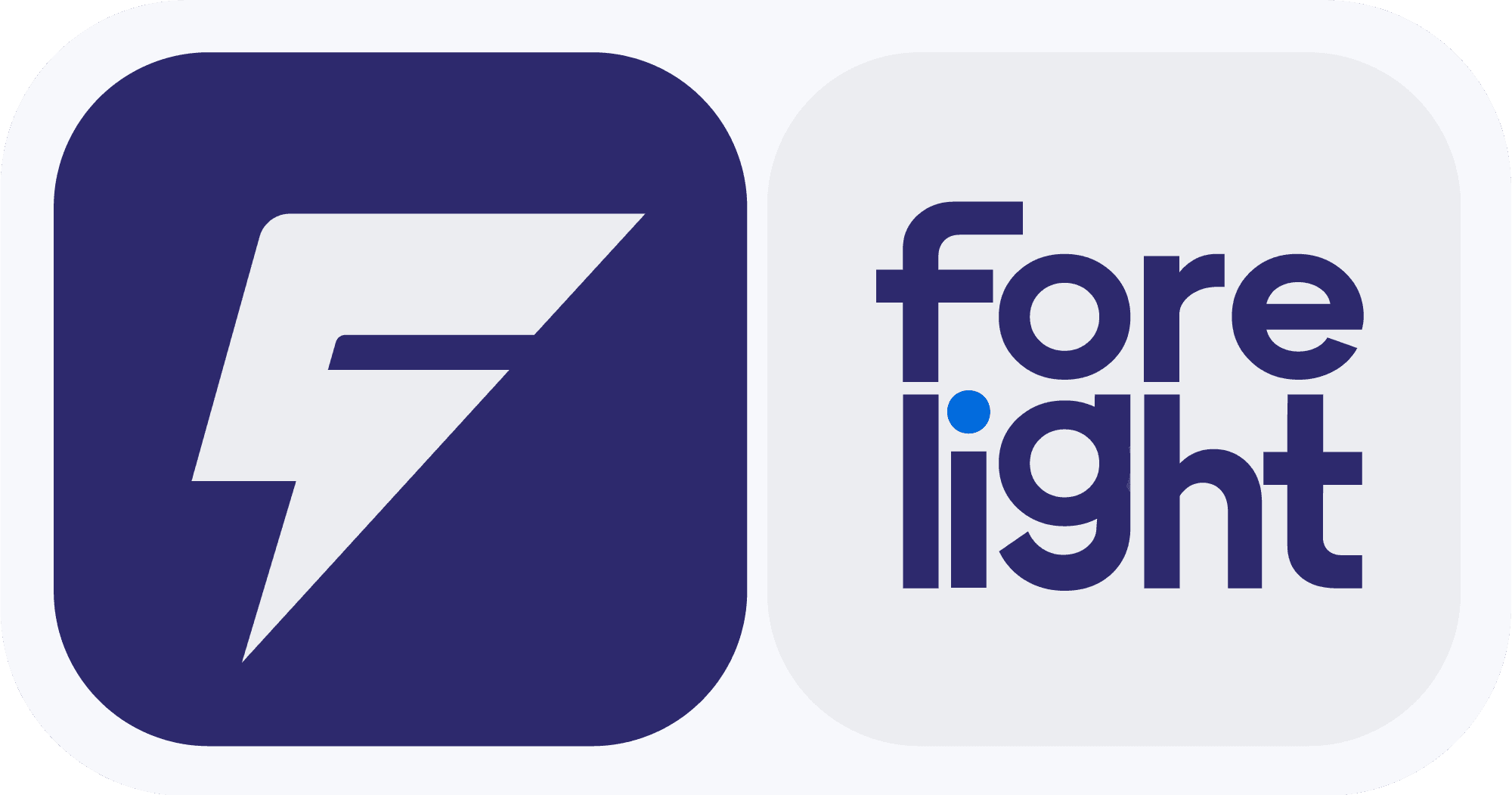Comparing Qualitative vs. Quantitative Market Research: Which is Right for Your Business?
Jul 3, 2024
Market research is a cornerstone of successful business strategy, helping companies understand their customers, identify opportunities, and make informed decisions. Two primary approaches to market research are qualitative and quantitative methods. Each has its strengths and weaknesses, and the choice between them depends on your business objectives, budget, and the nature of the information you seek. This article offers a comprehensive comparison to help you decide which is right for your business.
Qualitative Market Research

Definition
Qualitative market research focuses on understanding the underlying reasons, opinions, and motivations behind consumer behavior. It provides in-depth insights into the consumer psyche, helping businesses grasp the why and how of decision-making processes.
Methods
Interviews: One-on-one conversations that explore a participant's thoughts and feelings in detail.
Focus Groups: Group discussions moderated by a researcher to generate a wide range of opinions and ideas.
Observation: Watching consumers in natural or controlled environments to understand their behavior.
Ethnography: Immersive research where the researcher observes or interacts with participants in their real-life environment.
Case Studies: Detailed examinations of a single example or event to explore broader principles or patterns.
Strengths
Depth of Insight: Provides a detailed understanding of consumer attitudes and motivations.
Flexibility: Allows for the exploration of new topics as they arise during the research process.
Contextual Understanding: Helps businesses comprehend not just what consumers do, but why they do it.
Weaknesses
Limited Generalizability: Typically involves small sample sizes.
Subjectivity: Results can be influenced by the researcher's interpretations.
Resource Intensive: Time-consuming and costly to conduct and analyze.
Quantitative Market Research

Definition
Quantitative market research involves the collection and analysis of numerical data to identify patterns, measure variables, and predict outcomes. It aims to quantify consumer behavior and attitudes, providing statistical insights that can guide decision-making.
Methods
Surveys: Structured questionnaires distributed to a large number of respondents.
Experiments: Controlled tests to measure the impact of variables on consumer behavior.
Analytics: Use of existing data (e.g., sales figures, web analytics) to identify trends and correlations.
Content Analysis: Quantitative coding of communication materials to identify patterns and trends.
Longitudinal Studies: Observing the same subjects over an extended period to detect changes and trends.
Strengths
Reliability: Can gather data from a large number of respondents, enhancing the reliability of the results.
Objectivity: Results are based on numerical data, reducing the influence of researcher bias.
Statistical Power: Allows for the application of statistical techniques to test hypotheses and make predictions.
Weaknesses
Lacks Depth: Provides breadth but not depth; it tells you what is happening but not why.
Structured Approach: Limits the exploration of unforeseen issues.
Cost: Can be costly to reach a large sample size and conduct thorough analysis.
Choosing the Right Approach for Your Business
The choice between qualitative and quantitative market research depends on your specific needs and goals. If you need to explore new ideas, understand motivations, or generate hypotheses, qualitative research is ideal. It's useful in the early stages of product development or when entering new markets. If you need to validate hypotheses, measure the extent of a problem, or make data-driven decisions, quantitative research is the way to go. It's essential for assessing market size, segmenting customers, or evaluating the effectiveness of marketing strategies.
In many cases, a mixed-method approach, combining both qualitative and quantitative research, can provide the most comprehensive insights. By leveraging the strengths of both methods, businesses can gain a deep, nuanced understanding of their market and make more informed decisions.
Conclusion
Both qualitative and quantitative market research have their place in a robust research strategy. Understanding their unique advantages and limitations will help you choose the right approach for your business needs. Whether you're looking to dive deep into consumer motivations or gather broad, statistically significant data, aligning your research method with your objectives is key to driving successful outcomes. Employing a mixed-method approach often provides the most nuanced and actionable insights, ensuring a well-rounded understanding of your market and facilitating strategic growth.



